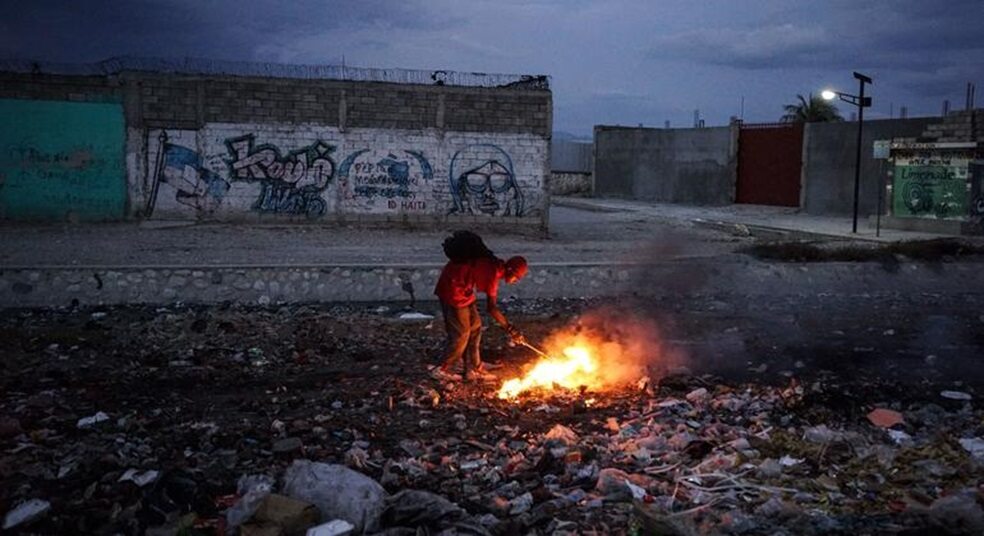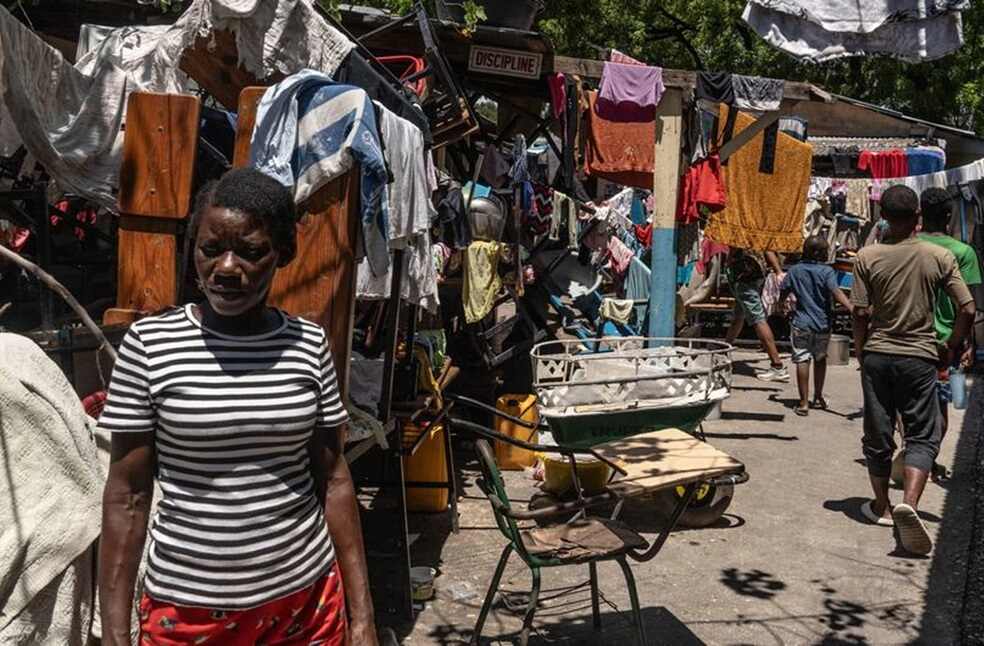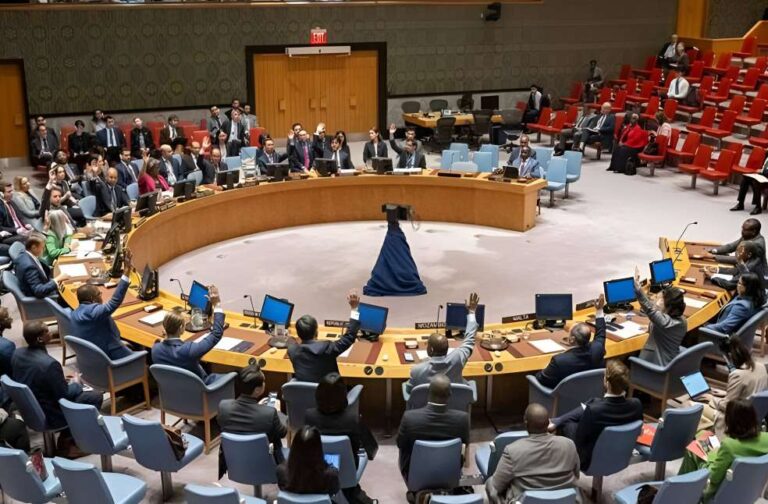United States: The United Nations Security Council has extended the mandate of a multinational police mission in Haiti for an additional year, as the Caribbean nation continues to face increase in gang violence and instability. The decision comes in response to the deteriorating security situation and the humanitarian crisis in Haiti.
Renewed effort to restore stability
In a unanimous vote, the UN expressed ‘deep concern’ over the increasing violence, criminal activities, and mass displacement in Haiti. The council extended the Kenyan-led Multinational Security Support Mission (MSS) until October 2, 2025, to help the Haitian National Police in regaining control of territories currently dominated by armed gangs.
A recently released UN report has revealed that over 3,661 Haitians lost their lives to gang violence in the first half of 2024 alone. The gangs, armed with smuggled weapons and often tied to political and business figures, have wreaked havoc across the capital, Port-au-Prince, and other regions displacing more than 700,000 people from their homes.

Voicing security concern
The interim Prime Minister of Haiti, Garry Conille, emphasised the critical nature of the situation, stating that the Haitian people are watching with ‘cautious optimism’ and hoping to see results from the mission.
Haitian civil society leaders cautiously support the police mission but stress that force alone will not resolve the country’s deeper issues. They demand increased support and training for Haiti’s national police force, as well as a focus on ending corruption and advancing a Haitian-led political process.
Police Mission Challenges
The Multinational Security Support Mission has faced significant funding and resource challenges. While more than 10 countries have pledged over 3,100 troops, only about 400 officers have been deployed to date. A UN expert recently warned that the mission remains under-resourced and lacks a clear strategy for peace.
Jake Johnston, a Haiti analyst at the Centre for Economic and Policy Research, said that, “two years after the force was proposed, there is still no actual strategy for peace in Haiti.”
Haiti’s transitional council head, Edgard Leblanc Fils, has called for transforming the police mission into a full-fledged UN peacekeeping mission, which could help secure additional funding. However, a recent proposal by the United States to transition the mission into a peacekeeping operation was blocked by Russia and China, who argued that the police mission should be given more time to establish itself.

Hope ahead uncertainties
While some progress has been made, the mission’s ability to succeed without stronger international support and a comprehensive strategy remains under shade. As Haiti struggles with many challenges, the extension of the multinational police mission marks a renewed, but fragile, hope for the country’s future.
The situation in Haiti underscores the complex intersection of violence, political instability, and international intervention, with the success of the mission in the balance.



